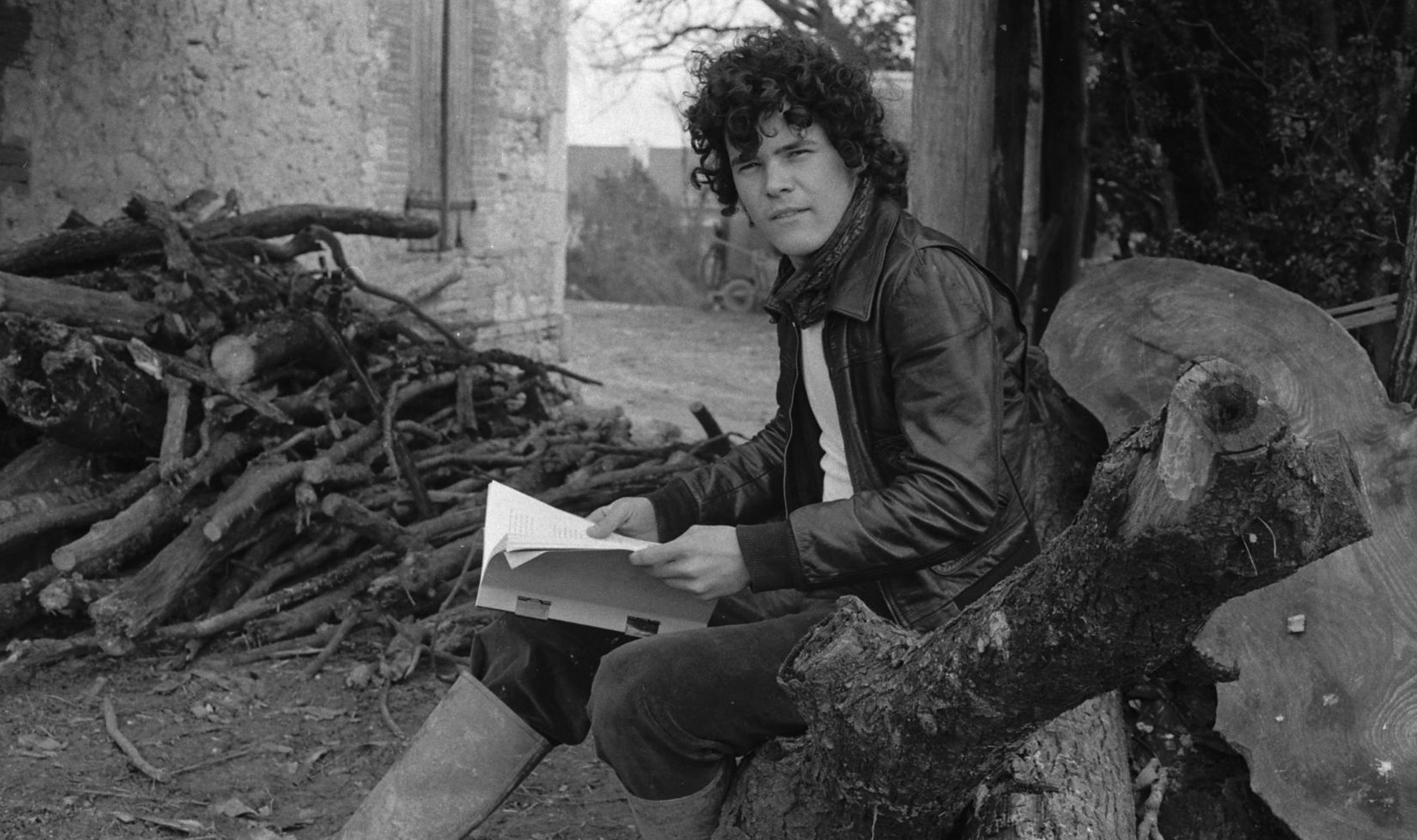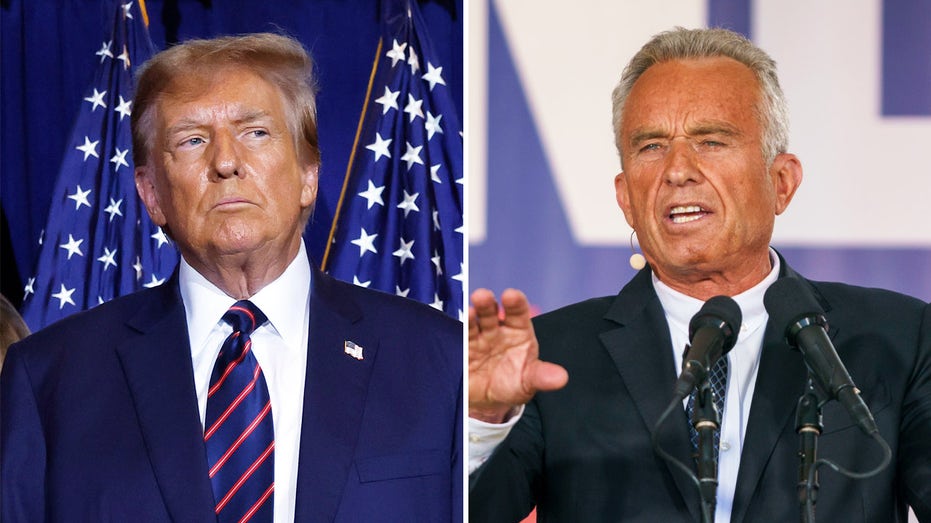
In a recent opinion piece published by this news outlet, retired American diplomat Phillip Linderman and Marcus W. Thornton, of Feds For Freedom, argue for revamping the recruitment process for U.S. Foreign Service Officers (FSOs). They write that the system, referred to as the State Department's “hiring monopoly,” does not represent American geographic diversity and favors what they describe as the coastal elite. They also critique the State Department's DEIA (Diversity, Equity, Inclusion, and Accessibility) initiatives, asserting that such initiatives add political bias to the Foreign Service. They conclude that a new Foreign Service recruitment model be based on that used by Congress for military academy appointments.
As a career diplomat and the president of the American Foreign Service Association (AFSA), I respectfully disagree with such assertions, while fearing that the proposal, if acted upon, could jeopardize our diplomatic effectiveness at a time when the stakes couldn't be higher.
First, as the authors rightly posit, geographic diversity within the Foreign Service is vital to serving U.S. interests and promoting our values abroad. Yet the assertion that the Foreign Service fails to represent American geographic diversity does not correspond with the facts. Most professionals who enter the Foreign Service do so after attending graduate programs at universities that specialize in international relations, most of which exist in urban hubs like Washington, D.C., or New York City. Thus it is not surprising that according to the authors’ cited data, recruits list their legal residences in these metropolitan areas, which do not necessarily reflect their original hometowns.
Our data bear this out. In November of 2022, we surveyed nearly 3,000 of our members, drawn from all Foreign Service ranks, including the State Department. By comparing where the survey respondents grew up with the state-by-state population percentages from the 2020 U.S. census, we found that the distribution of Foreign Service members aligns closely with the national population distribution across most states.
Moreover, our survey shows that in states such as Alaska, Kansas, Montana, and Wyoming, the Foreign Service representation exceeds the respective proportions of the U.S. population. This suggests that the Foreign Service is drawing professionals from a wide range of geographic backgrounds, not just from major American urban centers on the coasts.
I would also respectfully push back against the contention that DEIA efforts at the State Department and other foreign affairs agencies are about “imposing quotas and identity politics.” Having a diverse workforce has repeatedly been shown to improve decision-making outcomes, in both government and the private sector. That is one overarching idea behind DEIA. The other is to recruit a workforce that looks more like America—one that reflects the rich racial, ethnic, socio-economic, and other attributes of our great country—and where everyone has an equal shot at joining. All this can be done while maintaining the rigorous entry requirements that have marked the Foreign Service as an institution of excellence with a highly skilled workforce.
These initiatives are not merely about fulfilling legal or statutory requirements. Growing diversity enhances our country’s ability to navigate complex international relationships in a more effective and culturally sensitive manner. According to the State Department, 16 percent of the State Dept.’s Foreign Service workforce comprises former military veterans. We have diplomats who grew up as refugees. We have diplomats who were the first in their family to attend college. We have diplomats who are members of the LGBTQ+ community. These diverse backgrounds equip the U.S. diplomatic corps with the ability to anticipate and address issues that might not be evident to a more homogeneous group. Such inclusivity is not only essential but also a promising sign for the future as we face an increasingly interconnected and complex world.
Finally, introducing political appointments into the Foreign Service risks introducing the very bias the authors seek to eliminate. AFSA, which represents over 80 percent of active-duty Foreign Service members across six agencies, will always defend our corps as a nonpartisan organization of dedicated men and women who serve the president, regardless of the president’s political party. Having political appointments runs the risk of changing that orientation. It may also bring distinct biases—including those of the appointing representative or senator. Historical evidence strongly suggests that a merit-based civil service promotes more stable and consistent diplomatic engagement, a critical component of international relations.
In the end, we all want the same thing: A Foreign Service that can react nimbly to global crises and challenges, such as the potential outbreak of regional conflict in the Middle East and burgeoning cyber security threats. But to do so effectively we must uphold a merit-based, diverse, and inclusive Foreign Service. One that has a deep understanding of global affairs and the ability to approach these challenges with the varied perspectives necessary to craft nuanced and practical solutions.
Tom Yazdgerdi is a member of the Foreign Service and president of the American Foreign Service Association.
The authors reply:
We are skeptical that State Department’s management can pursue its outspoken radical diversity goals while “maintaining the rigorous entry requirements” of the Foreign Service, as Mr. Yazdgerdi asserts in his reply.
How radical are those diversity objectives? They range from the fatuous, such as Secretary Blinken’s writing guidance to avoid words like “mother” and “father,” to the revolutionary, typified in announcements by State’s new chief of diversity, equity, and inclusion, Zakiya Carr-Johnson, who proclaimed that the United States is a “failed historical model” embedded with “racism, colonialism and other isms.”
By her own admission, Ms. Carr-Johnson is a “disrupter,” evidently embarked on her own subversive long march to radicalize U.S. institutions from the inside. We respectfully submit that Ms. Carr-Johnson lacks the institutional skill and knowledge to effectively “transform” the Foreign Service. Her ideological war against “systemic racism” will only bring about more harm and resentment inside the institution, as the DEIA agenda is already doing.
State’s management is either unaware or unconcerned that many FSOs and civil service staff who cannot be slotted into favored categories believe they are being unfairly treated to compensate for injustices that took place in another era.
One would hope that Mr. Yazdgerdi’s AFSA would push back against appointments like Ms. Carr-Johnson’s, or at least make some gesture to the numerous employees inside the State Department, many of them AFSA members, who think her radicalism is about undermining the institution and has little to do with pursuing genuine equal opportunity.
Indeed, equal opportunity, not radical “social justice,” should be the goal. Replacing the merit standard, no matter what it is called, is unfair to everyone, particularly to those minority members of the Foreign Service who meet the requirements.
Doubtless, if a Republican administration were to pursue a conservative agenda by bringing in activists as outspoken as Ms. Carr-Johnson, AFSA would resist tooth and nail, and not hesitate to fire back with charges of “politicization.”
If Mr. Yazdgerdi’s AFSA is indeed non-partisan, rigorously defending the impartial hiring standards firmly established by the 1980 Foreign Service Act would give him a golden opportunity to prove it.
Instead, he implausibly claims that “[DEIA] can be done while maintaining the rigorous entry requirements that have marked the Foreign Service as an institution of excellence with a highly skilled workforce.” We do not believe that he has compared notes with Ms. Carr-Johnson.
Meanwhile, DEIA ideology is now embedded in all State hiring, including in the civil service ranks. On September 8, 2023, OPM authorized the department to hire civil service staff (Foreign Affairs officers) in a manner that legally avoids the requirement to award hiring preference to military veterans and allows managers to select their candidate of choice regardless of merit.
Mr. Yazdgerdi also fails to address the concerns we raised about the liberal-left bias in current State Department outreach to recruit new officers. He appears to whistle as he walks right by our core assertion that authentic diversity inside State must entail more than ethnicity, race, and gender, but must also reflect what FSOs believe about policy. Certainly, the core values that FSOs hold about the role of the United States in the world is a component of diversity at least as consequential as their ethnicity or sexual preferences.
The milieu whence most FSOs come must be far wider than the typical liberal-left university graduate schools, many of which are also at war with America and currently play a central role in State’s recruitment. These are the very institutions where full-time State recruiters are embedded.
Contrary to popular opinion, conservatives also believe that the so-called “pale, male, and Yale” standard is bad for U.S. foreign policy, especially given the current ideological agenda at schools like the modern Yale University.
To bring real diversity to State, AFSA should challenge department recruitment of FSOs holding the same world-view orthodoxy that comes with, as Mr. Yazdgerdi writes, new officers “who enter the Foreign Service . . . after attending graduate programs at universities that specialize in international relations, most of which exist in urban hubs like Washington, D.C., or New York City.”
Due to economic or family considerations, many would-be FSOs, including those from minority groups, who grow up in “flyover” country have little to no opportunity to pursue these (perceived) elite academic credentials, so often touted as the dues that must be paid to obtain admission into the foreign affairs community.
Secretary Blinken asserts: “When the people making decisions on behalf of the American people don’t reflect the full diversity of our nation, we all lose, and our national security is weaker," he appears oblivious to the fact that the overwhelming number of diplomats State recruits—regardless of their ethnicity, race or gender—are cut from the same policy cloth; they are all products of the same liberal-left graduate school ideology, confirmed Wilsonian internationalists, as Henry Kissinger said, and do not come close to reflecting the diverse political and policy values of the American people.
Mr. Yazdgerdi is silent on the significance of our point that the financial contributions State Department careerists give to political candidates, a fact proven by data the Federal Election Commission makes public, overwhelmingly go to one political party.
Further, Mr. Yazdgerdi’s assertion that AFSA, as an employee union, has a record of non-partisanship in support of FSOs is also unpersuasive.
Just compare the assistance AFSA provided to FSOs embroiled in the 2019 Ukraine controversy (and related Trump impeachment) with the case of Gregory Hicks, the senior FSO in Embassy Tripoli who publicly criticized State’s performance during the deadly 2012 attack on the U.S. consulate in Benghazi.
In the Ukraine example, AFSA raised $750,000 in legal fees and made the affair a full-blown cause célèbre. On the other hand, when Hicks complained publicly that State Department demoted and treated him unfairly, AFSA declined to take on management forcefully in his defense or circle the wagons to protect an FSO whose whistleblowing put him on the “wrong side” of the partisan divide.
Subscribe Today
Get daily emails in your inbox
Thus, for all these reasons, we stand by our basic proposal: It is time to end State’s hiring monopoly and transfer FSO recruitment and selection to members of Congress, the most genuinely diverse and representative body in our republic. It is the only reliable way to ensure that the Foreign Service, like the military officer corps, actually reflects the values of the American people.
Such an approach will not “politicize” the institution any more than young military recruits who are selected by members of Congress to attend West Point or Annapolis are politicized. Congressional nominations of FSO candidates can and must be made on the basis of the merit principles set down in the 1980 Act.
Continuing to stumble along with the status quo—that is, leaving State with a hiring monopoly—runs the risk of handing the noble, but embattled, institution of the Foreign Service over to radicals like Carr-Johnson who want to destroy it in order to remake it.We are hopeful that the new Commission on Reform and Modernization of the Department of State, recently established by Congress, will take up this matter in hearings, examining further the benefits of removing State’s FSO hiring authority and placing it in the hands of senators and congressmen.
















